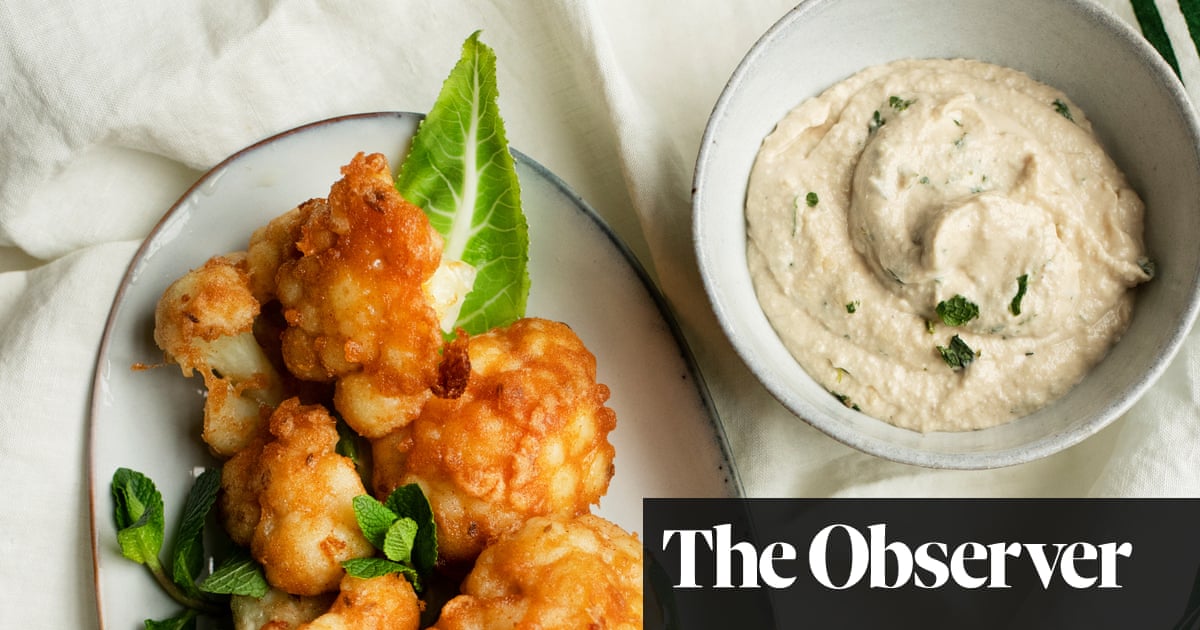
Richard Vallières’s plan to make millions of dollars was deceptively simple: secretly drain the province of Quebec’s strategic maple syrup reserve and then sell the illicit product.
But the Quebec man’s daring theft fell short after police were tipped off and he and his accomplices landed in jail.
Now, the ringleader behind Canada’s infamous heist has a new challenge: paying his victims C$9m (US$7m) or serving six more years in jail.
On Thursday, Canada’s supreme court ruled that Vallières, the mastermind behind “the Great Canada maple syrup heist”, a C$17m caper that spawned a wide-ranging investigation – and a Hollywood screenplay – is required to pay back the full amount of the syrup he stole and then sold, not just the profits from his crime spree.
Starting in 2011, a group of thieves covertly siphoned syrup from thousands of white metal barrels in warehouses rented by the Federation of Maple Syrup Producers, an organization that represents nearly 7,000 syrup producers and controls nearly 80% of the world’s maple syrup supply.
Knowing the barrels in the strategic reserve were inspected only once a year, the thieves replaced the syrup with water. Because the Federation controls the sale of syrup in Quebec, the illicit product was transported over the border to the province of New Brunswick, where it was packaged into smaller batches and sold to both legitimate buyers and black market exporters.
In 2012, after an inspector noticed some barrels were empty and others were lighter than they should be, the Federation realized that 9,571 barrels – worth nearly C$18m – had been stolen from under its nose.
The theft led to police raids in New Brunswick, Ontario and south of the border in Vermont and New Hampshire.
Quebec police arrested 16 people in their investigation, identifying Vallières as the group’s leader. They also seized two forklifts, tanker trucks used to transport the stolen product and four huge kettles used to boil the syrup down.
The brazen theft become an episode of the Netflix show Dirty Money.
In 2016, Vallières was found guilty of fraud, trafficking and theft and sentenced to eight years in prison, the harshest penalty handed down to those involved in the heist. The judge, Raymond Pronovost, fined him C$9.4m, based on the value of the syrup he was able to sell. Vallières was given 10 years to make the payment, or face a six-year prison term.
The judge cited Canadian law, which holds that when stolen property cannot be returned to its owner the fine must be equal to the value of the stolen goods.
On appeal, that amount was reduced to only C$1m – the amount Vallières claimed had been the profit on his theft.
But on Thursday, Canada’s top court disagreed, arguing that a court doesn’t have the power to diminish a fine and that the original fine should be restored.
“Distinguishing between an offender’s income and expenses in order to determine the offender’s profit margin would essentially amount to legitimating criminal activity,” the court wrote.
The court said lawmakers in Canada had drafted the criminal code to “deprive offenders of the fruits of their crimes” and to deter them.
“Parliament is sending a clear message that ‘crime does not pay’ and is thus attempting to discourage individuals from organizing themselves and committing profit-driven crimes,” the court wrote.
Vallières was recently granted day parole after two failed attempts and told the parole board he planned the heist for the lure of large profits, but also to settle a grudge against the Federation.
In 2007, he was fined C$1.8m for selling maple syrup illegally. “I wanted revenge [against the Federation] because they pursued me and had my house seized.”
But his time behind bars, in a maximum security facility, appears to have left him shaken. At his hearing, Vallières told the board he “saw a guy get killed over a pear – a fight over a pear”.
Vallières’s lawyer, Julie Giroux, told reporters her client was disappointed by the decision and that paying back such a large fine would be difficult.












